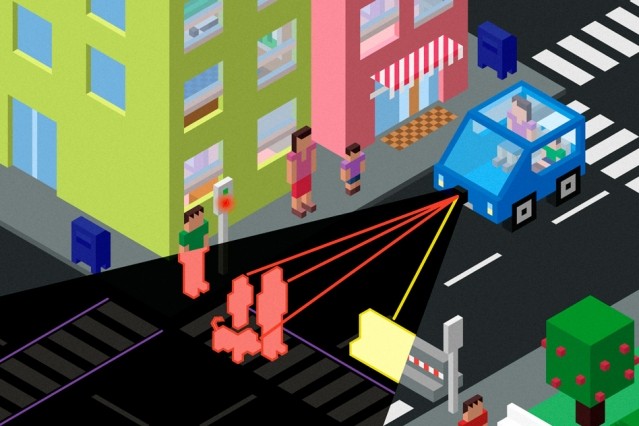A brighter future awaits for self-driving as autonomous vehicles are believed to significantly reduce the number of road accidents by a whopping 90 percent. However, in a new study, controversial findings reveal a moral dilemma involving those who prefer autonomous vehicles that are specifically designed to reduce the number of casualties, where the vehicle chooses to deliberately kill passengers to save other people.
During a survey, upon asking the kind of autonomous vehicle they prefer to purchase, the participants also strongly favor those vehicles that protected the passengers even if it means risking the expense of others.
An international team is now suggesting that this would involve implications about creating new laws that these casualty preventing autonomous cars would only have to serve utilitarian purposes only and that they are the only type to be available commercially. However, these new laws might also become counter intuitive as it can also imply ineffectively dramatically reducing car accidents that should be the main goal of autonomous vehicles.
The team is composed of researchers from the Massachusetts Institute of Technology, the University of Oregon and the Toulouse School of Economics for the National Center for Scientific Research in France.
Researchers say that generally, people would agree upon that autonomous vehicles should remain utilitarian, but they also prefer vehicles that will ensure their safety while riding them at all costs. They say that if both utilitarian and self protective autonomous vehicles will be commercially available, fewer would choose the utilitarian ones.
In this new study, they say that this kind of regulation could become a solution to this problem however regulators will face bigger challenges, as most people would seem to disprove of a regulation enforcing utilitarian autonomous vehicles.
This can lead to repercussions suggesting that this can also delay early adoption of autonomous vehicles, that can result in lives saved by making utilitarian autonomous vehicles that could be outnumbered by deaths due to this delaying this early adoption of autonomous vehicles in general.
Autonomous vehicles are also required to be programmed with moral algorithms that are designed to carry out highly complex decisions. However, a moral dilemma arises when a vehicle would try to avoid a motorcycle by swerving into a wall, but which lives would it save? Passenger or pedestrian? This moral algorithm would also have to consider the ages of the passengers and pedestrians as well.
This new study aims to examine these moral algorithms and start an ethical discussion regarding autonomous vehicles, that are morally acceptable to citizens and as responsible car owners.
This new study is published in the journal Science.



























